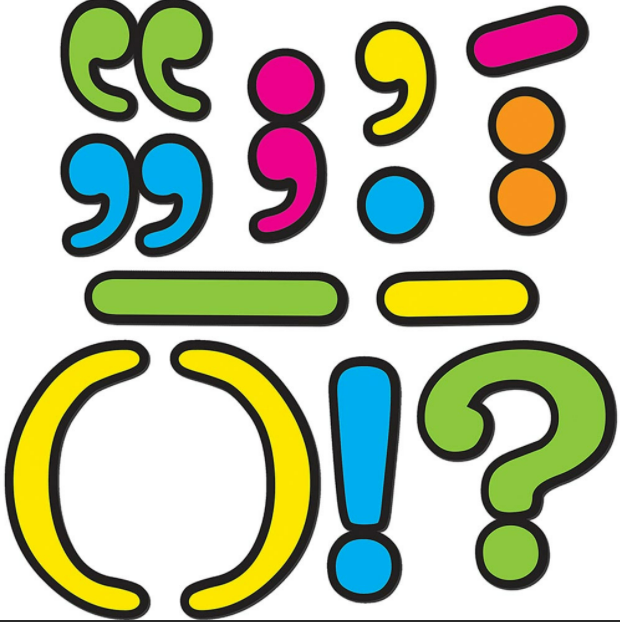The IELTS Speaking test can be challenging, but understanding how you are assessed is the first step toward improving your score. The test is designed to evaluate how well you communicate in English, focusing on your ability to speak clearly, coherently, and with a range of vocabulary and grammar.
Read MoreBy using this checklist in your preparation and during the exam, you’ll be well on your way to achieving a high band score in IELTS Writing Task 2. Keep practicing and refining these techniques to ensure your writing is both sophisticated and clear!
Read MoreMastering IELTS Writing Task 1 requires a solid grasp of data description techniques and careful attention to detail. By following these tips—using consistent measurements, being mindful of tenses, making thoughtful comparisons, and varying sentence structures—you can deliver a clear, precise, and well-organized response.
Read MoreIELTS Speaking Part 3 is your chance to demonstrate higher-level thinking and your ability to discuss complex topics in English. By practicing how to develop and support your ideas, using linking phrases, and structuring your responses, you can approach this section with confidence and clarity. Remember, practice is key to mastering this part of the test!
Read MoreThis part of the test can be intimidating because you're expected to speak continuously for an extended time without interruptions. However, with the right strategies and practice, you can excel.
Read MoreWhile Part 1 seems simple, giving clear and engaging answers can boost your confidence and set a positive tone for the rest of the exam. Let's dive into how you can ace this section with tips and a selection of sample questions.
Read MoreIn this blog, we'll break down the optimal length for your answers in each part of the IELTS Speaking test and provide tips on how to structure them effectively.
Read MoreIn this blog, we’ll explore the pros and cons of speaking fast and slow during the IELTS Speaking test and what approach works best for most candidates.
Read MoreOne of the key skills in effective writing is the ability to avoid unnecessary repetition while maintaining clarity. This is where referencing comes in. In writing, referencing is the practice of using pronouns or other words to refer back to previously mentioned nouns, which keeps the text concise and easy to follow.
Read MoreHere is a list of 100 Present Perfect questions you can use for IELTS Speaking practice. These questions cover a variety of common topics that may appear in the exam.
Read MoreAs you navigate the world of higher education and prepare to showcase your language proficiency, incorporating well-chosen idiomatic expressions can be a game-changer.
Read MoreIn the IELTS writing task 2 context, crafting a well-structured introduction is essential. It encompasses various components, one crucial element being a sentence that previews the essay's content and purpose.
Read MoreThe zero conditional expresses general truths or facts that always hold true. It is structured with the present simple tense in both the if-clause and the main clause. Here are 100 questions in the zero conditional.
Read MoreStarting July 26th, 2023, the new TOEFL writing task will replace the independent writing task. This new task is called "Writing for an Academic Discussion." You will encounter a simulated discussion board on a university website during the exam. The setup includes a question posted by a professor and two student responses. Your task is to read the entire discussion and then write your response. The integrated task remains unchanged.
Read MoreMany students use overly complex grammar in IELTS writing to impress the examiner. This misconception leads to grammatical errors and lost marks in various areas. In this post, we will explore complex sentences in IELTS writing, understanding what they entail, when to use them, and how to create them effectively.
Read MoreThese questions should provide various topics and opportunities for conversations about past experiences with different subjects. Enjoy your conversations!
Read MoreBoost your IELTS score by learning how to use Colons, Semi-colons, and Parentheses.
Read MoreIn this post, I cover the best strategy for planning, organizing, and timing your TOEFL speaking responses.
Read MoreAnalogies are a great way for more advanced IELTS students to take their writing to the next level.
Read MoreIn this blog post, I explain the best method for memorizing vocabulary for the IELTS test.
Read More



















